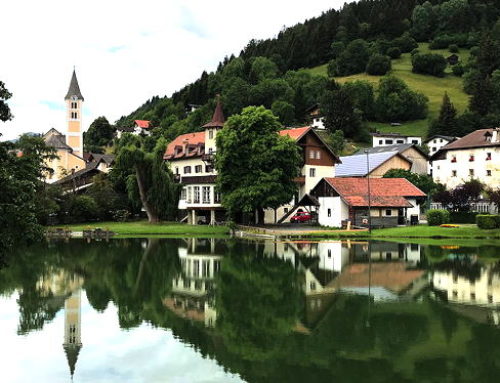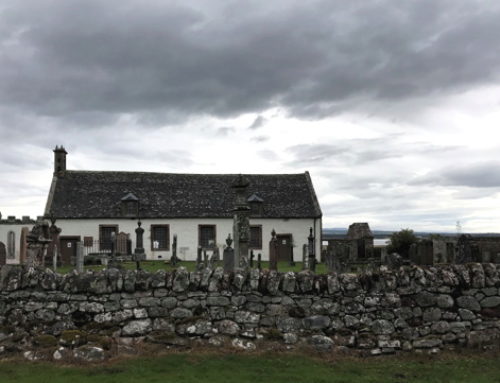As many people age, they grow interested in heritage travel to trace their family origins and ethnic traditions. The New York Times recently published a great article on the rise of heritage travel:
Ancestral travel is a way of connecting oneself with their progenitors and finding one’s rootedness in a confusing and fast-paced world,” Dallen J. Timothy, a professor at Arizona State University and editor of The Journal of Heritage Tourism, wrote in an email. The sentiment crosses many ethnic groups.
The motivations of those who make these trips vary, as does what they find. Travelers usually combine such trips with other forms of sightseeing, but along the way they may gain a greater appreciation of the obstacles their ancestors faced and a deeper sense of who they are and where they come from.
Greater Benefits of Heritage Travel
This article was published at the end of July, just as I returned from my first trip to ancestral villages in Norway. My trip was everything I’d hoped it would be. But the Journal of Heritage Tourism cited in the New York Times article gave me another insight into the benefits of heritage travel.
In their scholarly journal article, “Heritage Tourism in the 21st Century: Valued Traditions and New Perspectives,” co-authors Dallen J. Timothy and Stephen W. Boyd write:
Heritage is a complex and highly political phenomenon. There are few social elements and types of tourism that are more hotly contested at so many levels. One example is social/collective amnesia, which refers to selective memory in relation to certain events and people, or a purposeful course of ignoring history. This has been a particularly poignant issue in the context of indigenous Africans in South Africa, Native Americans and African Americans in the United States, Aboriginal peoples in Australia, and even the Chinese in some parts of southeast Asia. These groups have at some point in history been oppressed by the ethnic group in power, which has resulted in their pasts having been de-emphasised or even written out of official history in some cases.
Fortunately, this situation is changing, as the world begins to demand more accurate and balanced depictions of history. While many countries are embarrassed by the cruelties performed against racial minorities (and sometimes majorities) throughout history, special interest groups and proponents of heritage commemoration are forcing legislators and other public officials and organisations to acknowledge the atrocities of the past and commemorate them. Plantation houses in the southeastern US, prisons in South Africa and Nazi concentration camps in Europe are prime examples. In many cases these endeavours attempt to begin the process of healing, while all of them have a role to play in telling a more accurate story of historical events.
Are you planning to travel to ancestral family locations? Have you already been to some of your ancestors’ birthplaces?





That’s an interesting perspective on heritage travel that I hadn’t really considered. Thank you for sharing.
I have enjoyed research trips within driving distance of home. The locations in Indiana, Ohio and Pennsylvania I have visited have been a lot of fun. The local libraries and court house archives staff have been helpful and finding cemeteries and grave sites has been very rewarding. I intend to continue to do both day trips and trips that last a few days to research areas within driving distance of where I live.